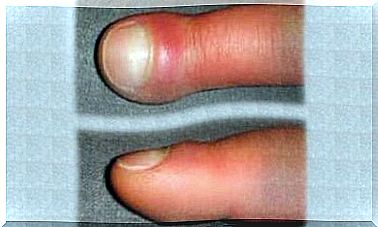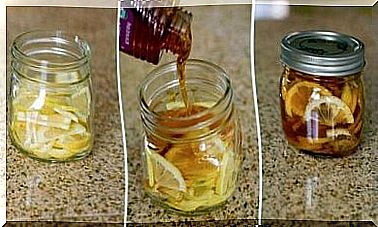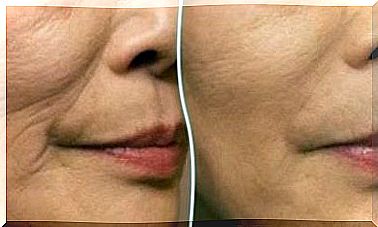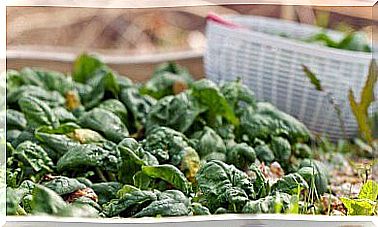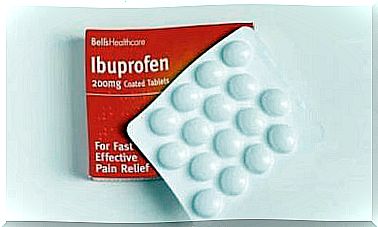Nutritional Yeast: Nutrients, Benefits And Use
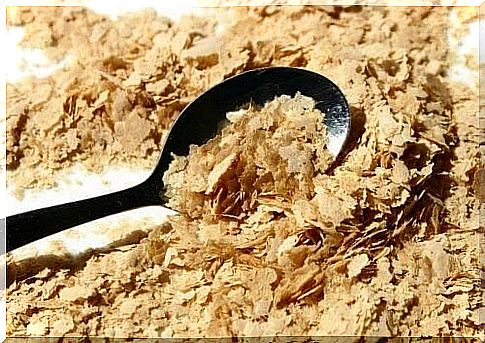
Nutritious yeast is a product that can provide health benefits. It looks like brewer’s yeast, because both are produced by the same mushroom. Although they can be used for the same purpose, they show significant differences.
The first thing to note is that brewer’s yeast is characterized by a more bitter taste. The taste of nutritious yeast is much milder. In addition, it is an element that has no sulfites.
Nutritious yeast: nutritional information
We need to start by talking about the nutrients in yeast. It is an ingredient that has a high concentration of vegetable protein. Despite the fact that it is an element with low biological value, it contributes to meeting daily protein needs. They are estimated at more than 0.8 grams per kilogram of body weight in sedentary people, according to the latest research.
Special mention should also be made of the presence of minerals. Yeast manages to supply magnesium, chromium, copper, calcium, zinc and iron. Zinc, for example, is a key nutrient for immune function. According to a study published in Nutrients , it participates in the differentiation of white blood cells.
In terms of vitamins, nutritional yeast contains elements of group B. Some of them, such as folic acid, are decisive during pregnancy to avoid defects in the closure of the neural tube of the fetus. This is evidenced by an article published in the Annals D’Endocrinologie.
It is important to remember that these nutrients help maintain healthy hair, skin and nails. Nutritional yeast is often used as a dietary supplement with aesthetic and beauty functions.
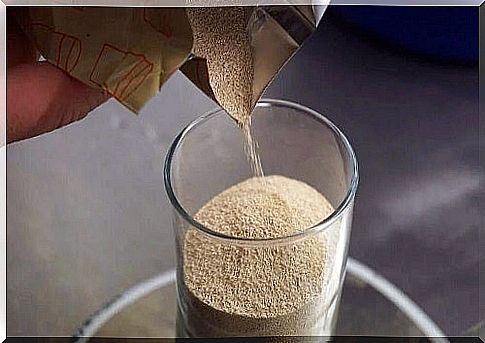
The benefits of nutritious yeast for the body
Next, we will analyze the main benefits that can be experienced after including nutritious yeast in the context of a varied and balanced diet. To take advantage of the full potential of this product, it is necessary to implement healthy living habits.
Improves the functioning of the immune system
Nutritious yeast provides a large amount of fiber. Beneficial bacteria that live in the digestive tract feed on fiber, a process that improves the efficiency of the immune system in the fight against pathogens.
Adjusts the lipid profile
Due to beta-glucans, a positive change in lipid profile occurs. This is due to reduced absorption of dietary cholesterol . Lipoproteins that are synthesized in the liver have a low degree of oxidation. This allows efficient transport of fats in the blood.
It has a hypoglycemic effect
Regulating blood sugar is another benefit derived from the presence of fiber in food. This substance delays gastric emptying and partially blocks the absorption of sugars, allowing more effective control of blood sugar. The impact of simple carbohydrates is low. The pancreas works less and the inflammatory conditions of the body are improved.
How can nutritious yeast be included in the diet?
Nutritional yeast can be included in the diet in several ways. First of all, it is possible to consume capsules. However, it can also be added to certain preparations to improve organoleptic characteristics.
There is the possibility to include nutritional yeast in the preparation of soups, stews, omelettes, salads and sauces. This leads to an increase in the energy density of those preparations.
Does nutritious yeast have contraindications?
There are no known side effects. However, it should be avoided if you have fungal infections.
Remember that it is an ingredient that contains large amounts of fiber. This element is beneficial when consumed in a context of intestinal homeostasis. In a situation of dysbiosis, it could lead to an intensification of symptoms and discomfort.
If you have digestive problems, consult your doctor before eating high-fiber foods. Probiotic treatment may be required.
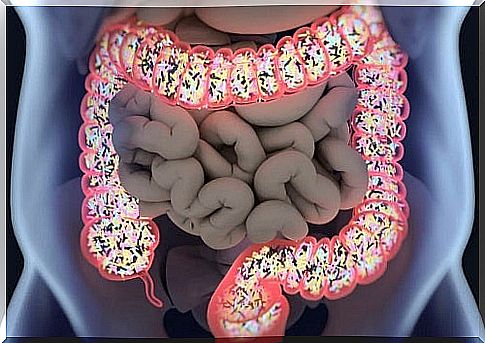
Nourishing yeast: a beneficial ingredient
Yeast is a fairly safe dietary supplement because there are few side effects from its consumption. There are some situations where yeast intake is not recommended, but it does not affect the majority of the population. The risks are very small and the potential benefits are great.
However, to experience positive effects, it is necessary to include nutritional yeast in the context of a varied and balanced diet. In addition, it is necessary to promote more healthy habits, such as daily exercise and proper rest during the night.



